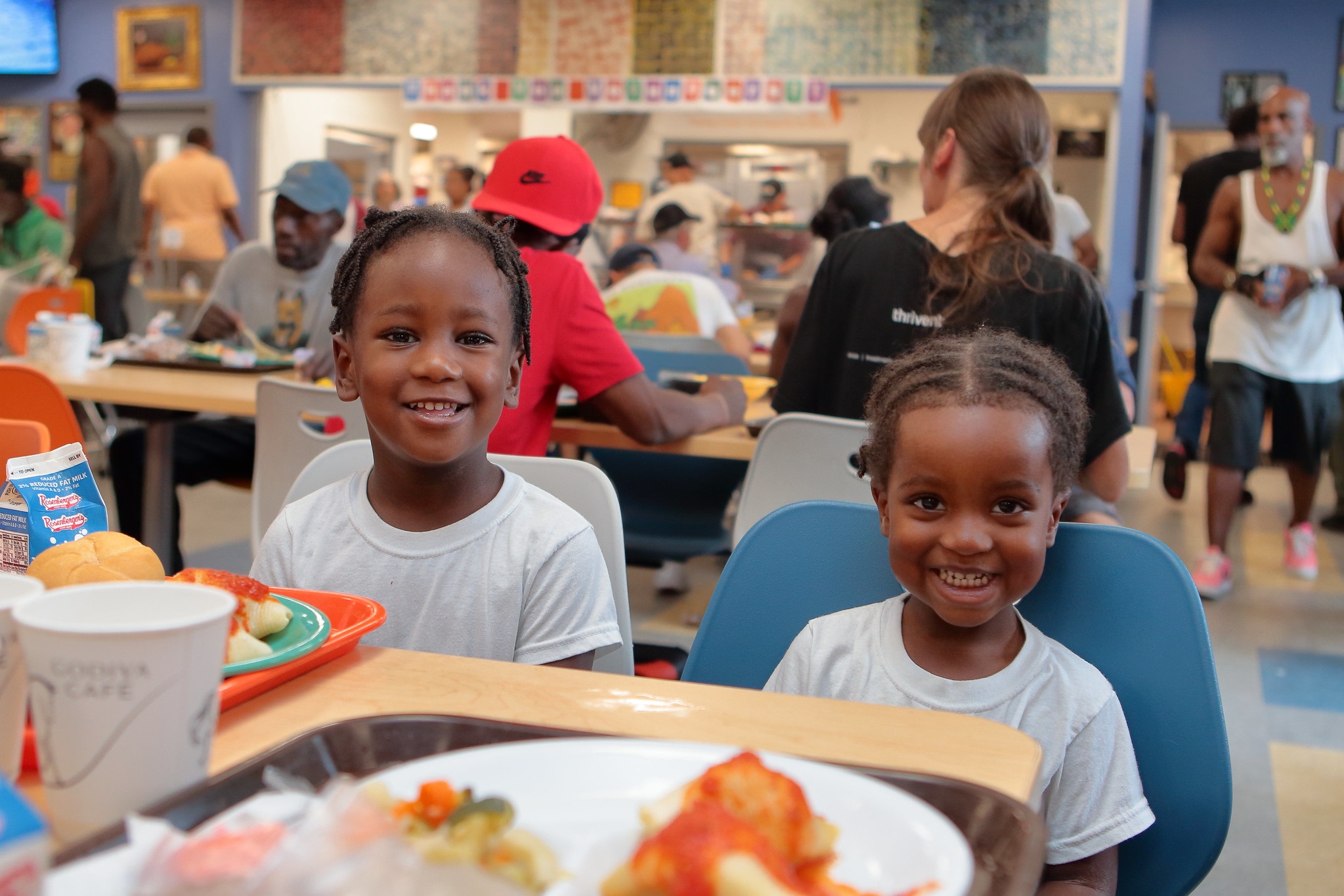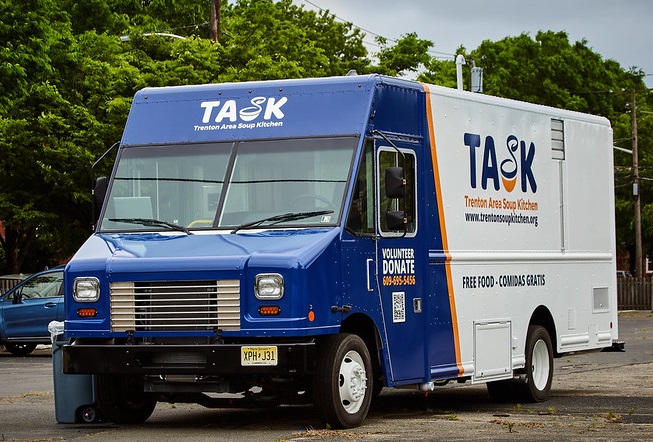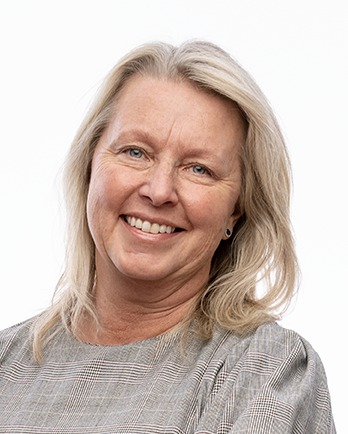News, Events & Stories
“No” Is Not An Option
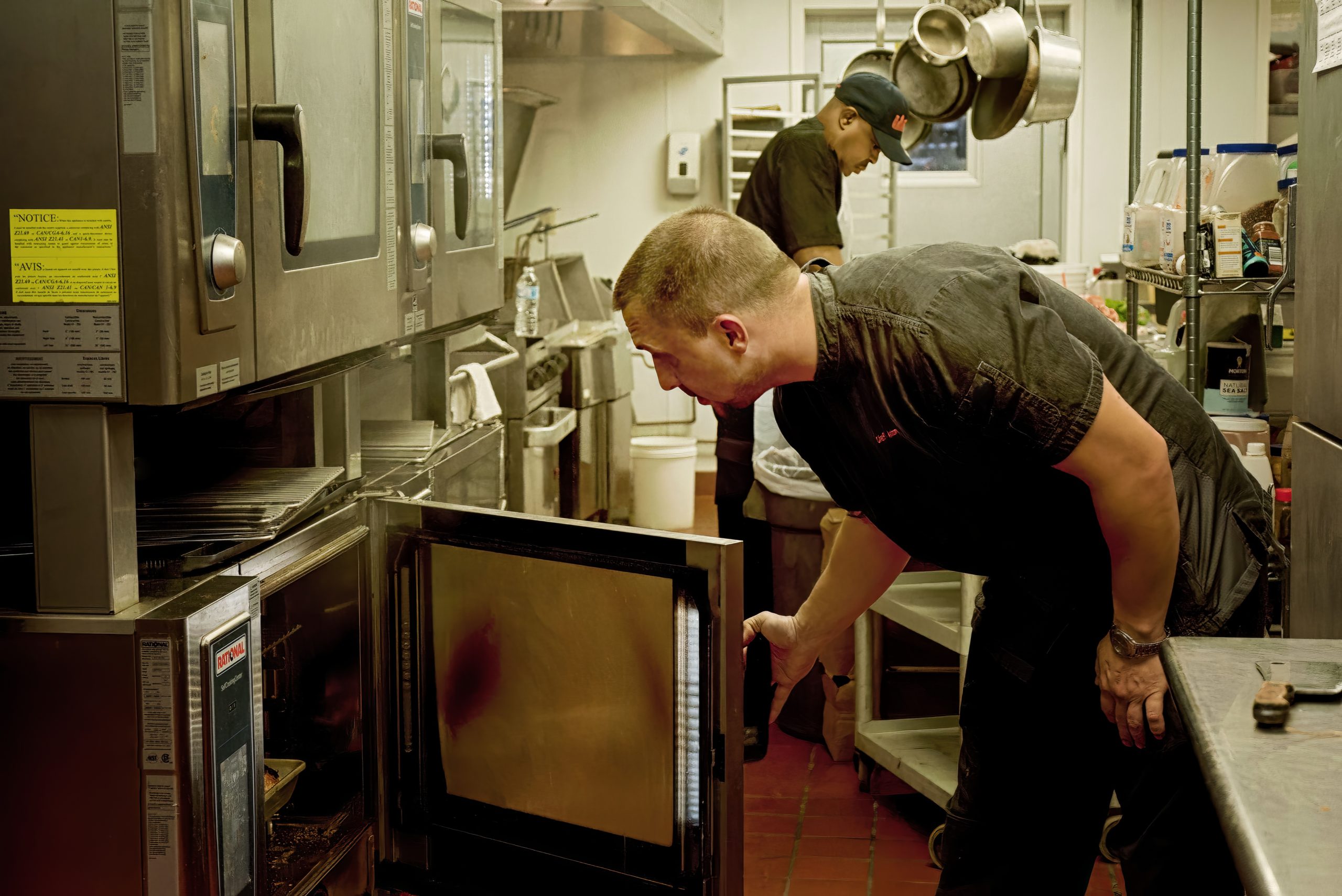
It is often the most challenging moments in life that offer the greatest opportunities for growth.
Back in March 2020, when COVID-19 forced TASK to shut down in-person service at its Escher Street dining room, it was hard to believe anything positive could come out of pandemic.
Immediately, it was clear that TASK had to reinvent its meal service program. As luck would have it, just before the pandemic began, TASK had purchased new equipment that allowed the soup kitchen to quickly transition from an in-house, sit-down meal service to a 100 percent take-out operation. Then, just as the kitchen crew began to adjust to this new way of preparing and serving meals, Paul Jensen, Associate Executive Director for Operations, got a call from the City of Trenton, asking if TASK could provide daily meals for 600 homebound seniors who needed a safe way to get food during lockdown.
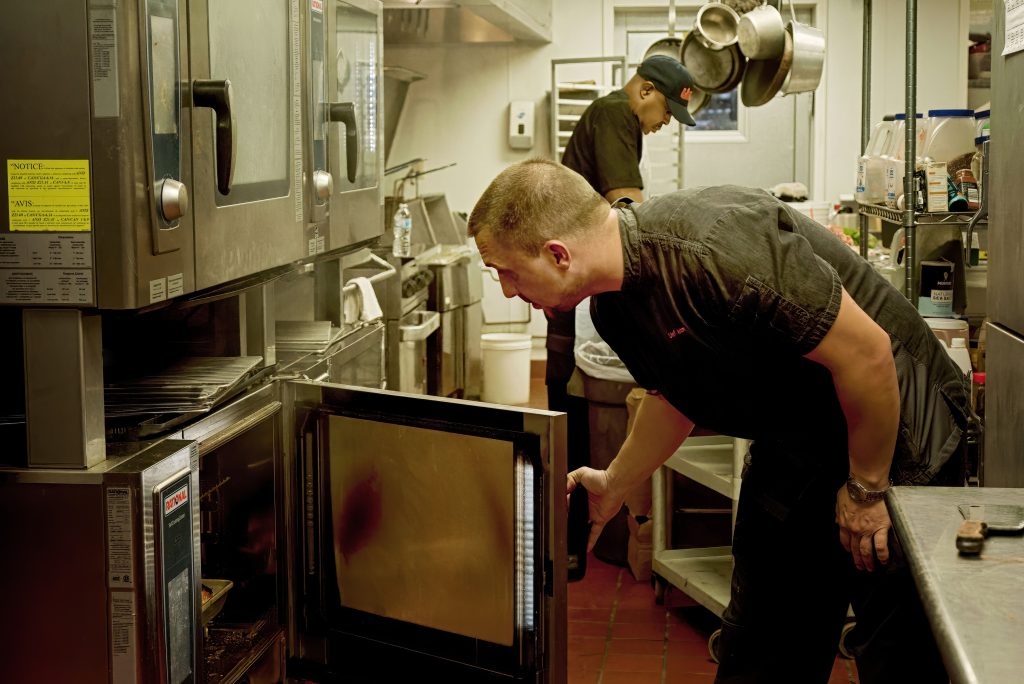
“We were prepared,” said Jensen. “At first, we didn’t know what we were prepared for, but we jumped in and did it. It was a big positive out of a negative situation, how we could shift gears so quickly.”
At the height of the pandemic, TASK’s heroic kitchen crew of just six staffers were churning out 10,000 meals a week – a 70% rise in productivity. Even more challenging, all of the work had to be done without volunteer help. That’s saying something for a nonprofit that typically relies on thousands of volunteers throughout the year.
Said Jensen, “We trimmed down and went with a core group who really gelled together.”
From the beginning of the pandemic through the summer, TASK prepared and delivered more than half a million “to-go” style hot meals to 22 community sites across Mercer County and even into Eastern Pennsylvania. Today, TASK there are even more sites and a wider distribution.
Joyce Campbell, TASK’s Executive Director, said TASK’s self-sufficiency program staff was equally tenacious when it came to finding new ways to enhance the well-being of its patrons.
The transition to remote classwork was particularly hard for TASK’s Adult Education and Work Preparedness program. The digital divide created challenges for TASK patrons, who often lack access to the necessary technology, like phones laptops, as well as basic computer literacy skills. More surprisingly, it also posed challenges for our tutors who were not as prepared to teach virtually. To help, TASK secured grant funding to set up a laptop loaner program for students. TASK also hired an IT specialist who has developed a series of computer literacy classes to empower patrons and help coach tutors.
Other program staff experimented with new forms of service delivery. TASK’s case managers met with hundreds of patrons over the phone at the height of the pandemic. Later, case managers inside the building began meeting with patrons seated outside under a tent on our patio. Sessions were still held by phone, but case workers were at least able to see the faces of the patrons they were helping through a large plate-glass window.
Our art, creative writing and music programs continued to provide a sense of community as well as a therapeutic outlet for our most artistic patrons. During lockdown, Zoom gatherings were sparsely attended, but things picked up last Spring when we began holding classes outside, weather permitting. In fact, our “FunkTASKtiks” music program and band enjoyed their outside venue so much, they’ve continued to jam outdoors all summer. While the other arts programs have transitioned back inside, attendees must adhere to social distancing and mask requirements.
“The ability to flex and try to find ways to meet the needs on the part of the staff was pretty amazing,” said Campbell. “I felt we really held true to our mission and showed the care, concern and dignity we believe our patrons deserve.”
Campbell said the lessons learned during lockdown are informing TASK’s plans to address a historic hunger crisis that is expected to last well beyond the pandemic. Right now, 1 in 12 New Jersey residents, including 400,000 children, don’t know where their next meal is coming from.
Exactly how TASK will respond to the crisis continues to evolve, as the battle against COVID waxes and wanes. This Fall, TASK is planning a kitchen renovation that will allow us to dramatically increase meal service production as well as provide additional space for our culinary training program. We are also studying the feasibility of adding weekend services, developing a frozen meal program to expand our outreach to local food pantries and perhaps even purchasing a food truck.
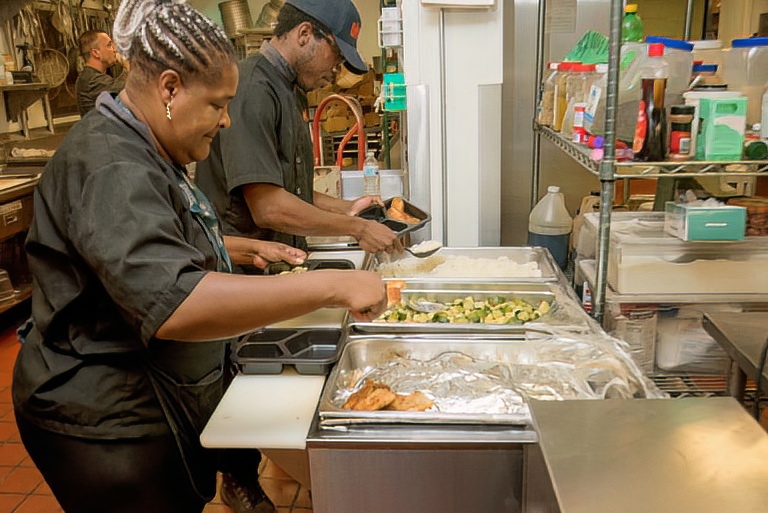
Campbell said she wasn’t sure when TASK would be able to return to its pre-pandemic operations with sit-down cafeteria-style meal service or when we would be able to welcome back our volunteer at full force. Despite being able to welcome back a limited number of volunteers this summer, the soup kitchen has tried to keep the number low in order to ensure everyone’s safety.
“It’s a concern because so many people want to do something, but we haven’t been able to offer many opportunities for people to serve safely,” Campbell said. “The ability for our community to serve our patrons is critical to understanding the impact of food insecurity and poverty on an individual level. It is difficult to change hearts with statistics and stories; one has to have a connection and a relationship. That’s when our volunteers realize that we are all more alike than different.”
While nothing can take the place of a meaningful volunteer experience, Campbell noted that the community can undertake other, equally-rewarding hunger-relief efforts in the meantime. For example, she urges TASK supporters to get involved with advocacy efforts – including Hunger Action Day on September 17 – to push their elected officials to do more to fight food insecurity in our community.
Says Campbell, “I want people to know that advocating for our patrons to be food secure is a ‘feel good’ endeavor that can have a life-long impact on those we serve.”
For now, TASK will continue to be laser focused on boosting productivity, inspired by what the organization has accomplished over the last 18 months.
Said Jensen, “What we thought our ceiling was, wasn’t. What we thought our capacity was, wasn’t. With people in the right place, working in the right manner, we can do more. No is not an option.”
